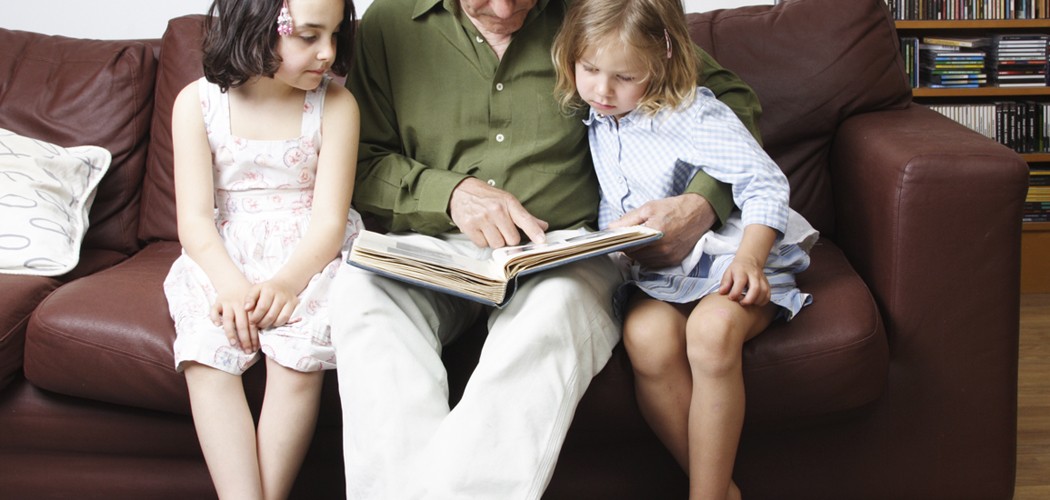
I’ve created the term “family with aphasia” to replace words such as “persons with aphasia”, “aphasics” or “patients”. As a professional, my goal is to help the entire family, not just the “patient”.
When someone in your household has aphasia, it affects everyone else as well - children, spouses, and siblings. It may even affect your coworkers or neighbors.
The person with aphasia may no longer be able to do all of the things they used to do - paying bills, driving the kids to school, shopping, cooking, or hundreds of other tasks that they once mastered. All of these jobs still have to be done, so the family’s responsibilities have doubled. It’s easy to become overwhelmed with work. It’s easy to get frustrated and burn out.
During and after therapy, it’s common that the spouse is expected to take over working with their loved one with aphasia. In addition to running the household and learning to navigate new tasks, you are thrust into a therapist role as well.
We teach our families at The Aphasia Center that they are NOT solely responsible for their loved one’s therapy. When you have an emotional investment in the outcome of therapy, it can be very difficult to now be the “teacher”. It changes your roles from equal partners to almost a “parental” role.
The most important training we do during intensive treatment is teaching family members how to communicate more easily with their loved one. The biggest changes in aphasia are going to happen due to carryover of the strategies we train.
The best part of this is that you do the activities and tasks you would normally do, but you change it slightly to be more therapeutic. No extra work.
I know many spouses feel guilty that they don’t have the time or the patience to work more with their loved one with aphasia.
And I’m telling you that it’s ok. It’s more common than you think.
I’ve found that therapists who insist you do their work don’t have any idea what it’s like to be in your shoes. I’ve been there myself when my son was little and went to OT - the expectations that I would add several specific therapy activities per day was unrealistic.
I felt like a bad mother, I felt angry that I was responsible for his therapy in addition to my other tasks, and I felt very stressed because I could barely accomplish daily tasks as it was. It felt as if his future success was all in my hands - I was emotionally invested in the results. When just getting someone’s teeth brushed or into the shower is already an ordeal, adding another expectation can be unbearable.
Aphasia recovery tends to focus only on the person with aphasia, but it affects everyone, so I’m helping the family with aphasia.
